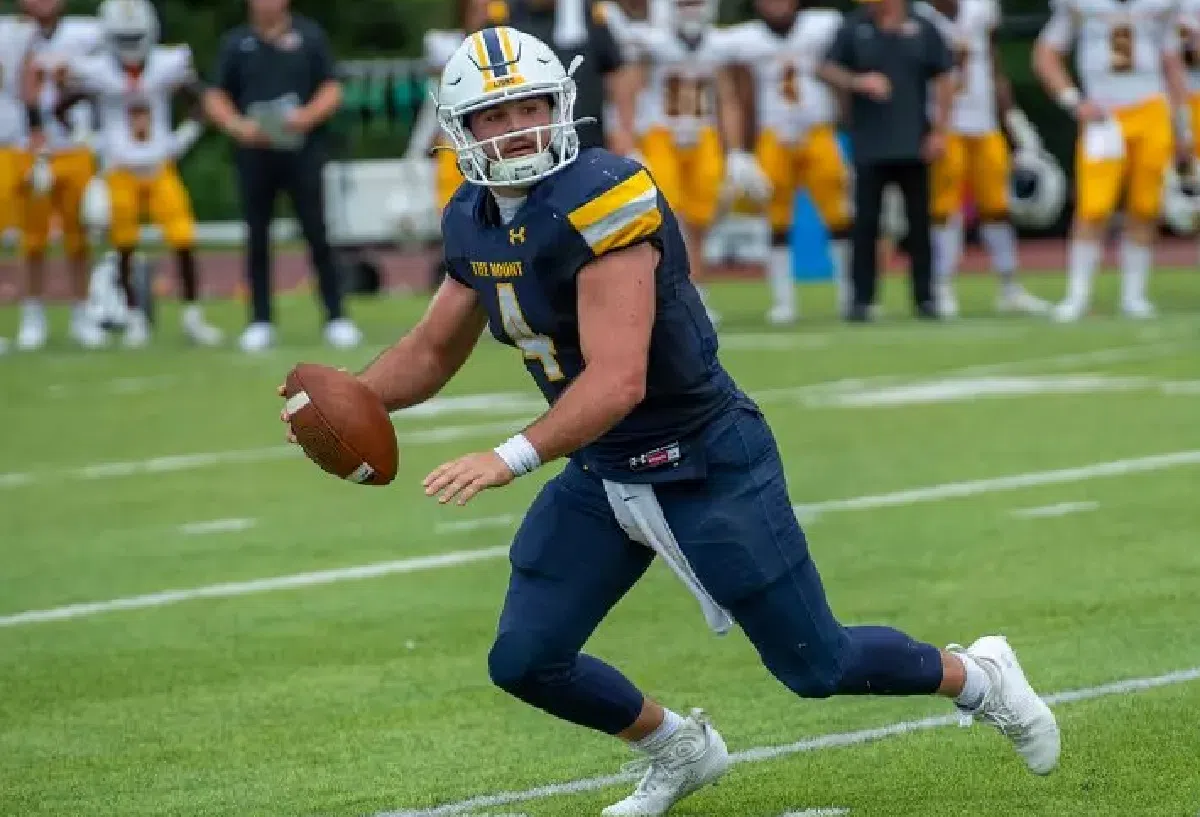Challenges and Triumphs: How Non-American Athletes Are Making Their Mark in the Sport

American football was mostly played by U.S. athletes. Now, more international players are joining and making an impact. More countries are investing in training programs. More players are dreaming of playing in top leagues like the NFL. The sport is no longer just an American game, it has become part of the casino games online, where betting has never been this demanding.
The Roadblocks Non-American Athletes Face
For international players, success is hard to reach. Unlike in the U.S., many countries don’t have strong football programs. Young players have trouble finding good coaches and tough competition.
There’s a cultural challenge too. To play well, players need to learn the game’s rules and strategies. Many international players grow up playing soccer or rugby instead. Adjusting to football’s physicality and tactics takes time.
Let’s not forget the scouting process. NFL teams rarely look outside traditional U.S. college systems. International athletes must work twice as hard to get noticed. Some move to the U.S. early. Others rely on international leagues to showcase their skills.
Visa and work permit issues also play a role. Even if a player has the talent, paperwork can delay their progress. The dream of playing in America comes with bureaucratic hurdles.
Stories of Determination and Success
Even with challenges, some athletes have succeeded. Their hard work has helped others too.
For example, Efe Obada was born in Nigeria, grew up in the U.K., and began playing football in his twenties. He joined the NFL through a special program. Now, he proves that hard work and talent can lead to success.
Then there’s Jordan Mailata from Australia. He was a former rugby player with little knowledge of football. But his size and skill impressed NFL scouts. Without college experience, he became a starting left tackle for the Philadelphia Eagles.
These stories inspire young athletes worldwide. They prove that even without the traditional path, success is possible.
The Role of International Leagues
Football is now played worldwide, not just in America. Leagues in Europe, Canada, and Japan help players grow.
The European League of Football (ELF) gives young athletes a chance to improve. Teams are strong, and scouts are always watching. For many, ELF is a step to bigger things.
The Canadian Football League (CFL) has long had international players. The rules are a bit different, but it’s still a great place to prove yourself. Many use it to chase NFL dreams.
Japan’s X-League also attracts top talent from everywhere. Some American players even go there to keep playing.
These leagues matter. They provide a competitive environment for talent to shine. They help bridge the gap between amateur and professional football.
Training and Development: The Key to Success
For non-American athletes, the right training makes all the difference. Many move to the U.S. to join specialized football academies. These programs teach fundamentals, strength training, and game tactics.
Online resources have also changed the game. Players now have access to coaching videos, virtual playbooks, and strategy breakdowns. The internet has made it easier to study football from anywhere.
Some countries are investing in grassroots programs. Germany, for example, has seen a surge in young talent. The country’s investment in youth leagues is paying off. More German players are making it to college football in the U.S.
Coaches are adapting, too. They understand that international players may need a different approach. They focus on teaching the basics first. They help players adjust to the fast pace of the game.
The Future of International Football Stars
The landscape of American football is changing. More teams are open to recruiting international talent. The NFL International Player Pathway Program is expanding. More countries are hosting scouting events.
In the next decade, we might see a shift. The NFL could have more non-American starters than ever before. College programs will likely recruit more foreign athletes. The rise of flag football in the Olympics could boost global interest even further.
The next generation of stars may not come from Texas or Florida. They might be from Brazil, Germany, or South Africa. The game is evolving and the world is catching up.